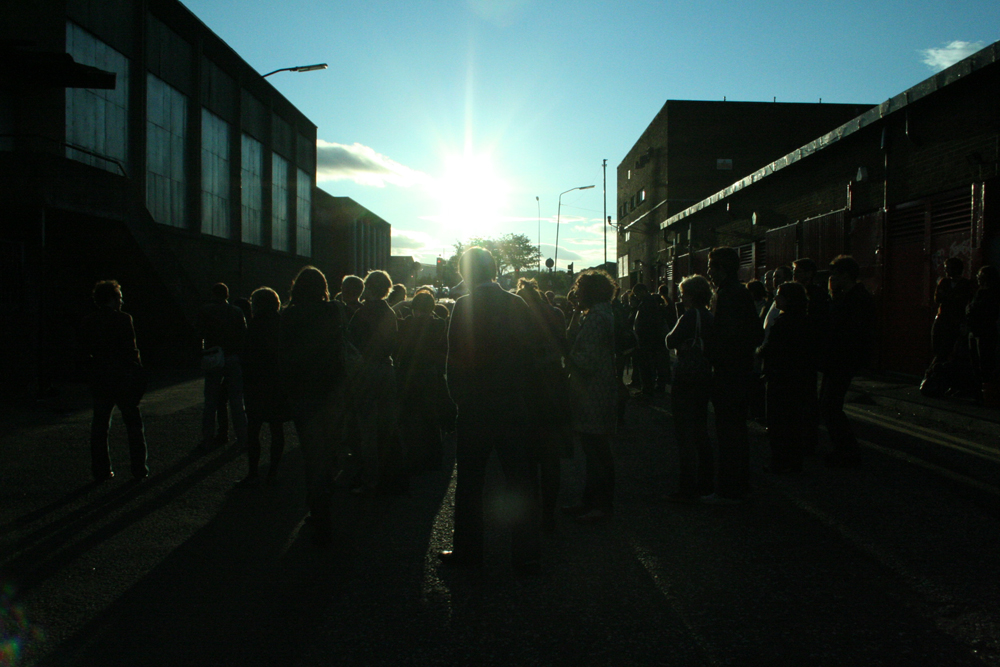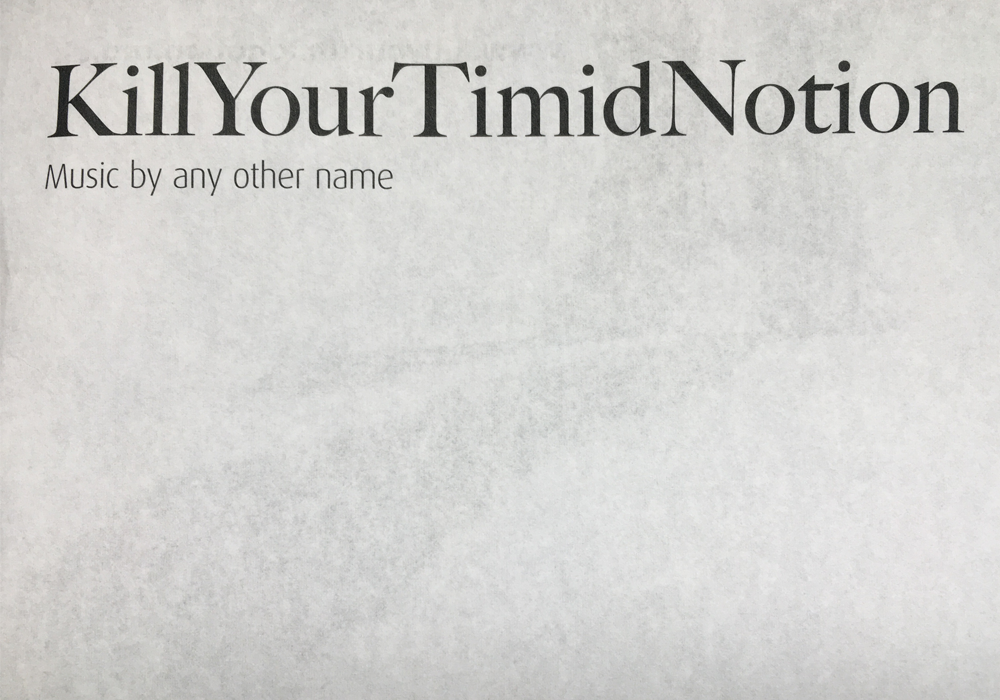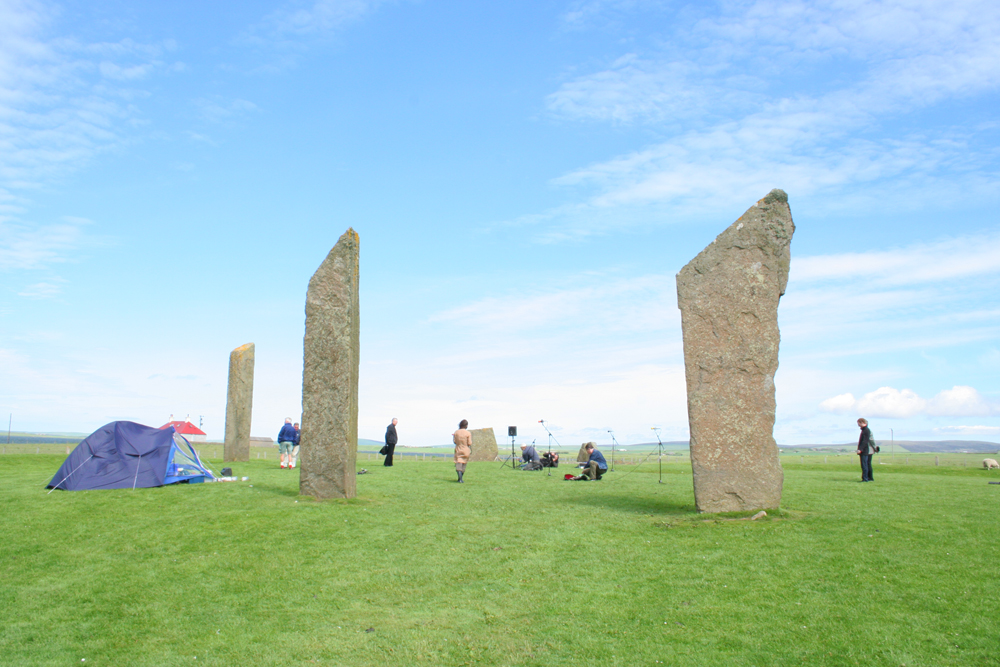
Cyrée Jarelle Johnson
Cyrée Jarelle Johnson
Poetry of raw fearless truth and the realest crip insight fully embedded in absolute lyrical lounge.
Arika have been creating events since 2001. The Archive is space to share the documentation of our work, over 600 events from the past 20 years. Browse the archive by event, artists and collections, explore using theme pairs, or use the index for a comprehensive overview.

Poetry of raw fearless truth and the realest crip insight fully embedded in absolute lyrical lounge.

Location: Around and about the old public library in Easterhouse; disinvested in and left to rot by the council but which was shamelessly, hastily and superficially cleaned by them in expectation of our event.

Heat-mapped bodies, found porn films, Korean psyche-folk, creepy police intrusion and self-defence.

Hartmut led “a workshop in the old-fashioned way of discussion, mutual exploration of ideas and samples; trying out what can be shared and where the fault lines show.”

Conceived of as a dual publication, video cassette and booklet, to be presented as an installation. The content of the videotape is the artist watching television.
Glasgow. Low-end drone guitarage army in praise of the open chord.

Journalist and underground music champion Alan Cummings talks to Keiji Haino about his career and his performance the previous evening.

A chat with Rashad about the communist, conceptual methodology that informs his ground-breaking synthetic music—a form of speculative sonic fiction writing to produce hyperreal non-representational auditive experiences.

A festival hewn from passions for experimental music, film and visual art and for a passion in figuring out how they can relate to, cross-fertilise and inspire and each other.

“The miracle of Herman Melville is this: that a hundred years ago in Moby Dick…he painted a picture of the world in which we live, which is to this day unsurpassed.” – C. L. R. James

Akio Suzuki and John Butcher performing by the Stones of Stenness, instead of the Ring of Brodgar, because of bad weather.

How can we imagine bodies not as an end in themselves, but as a medium through which we can become one another’s means?